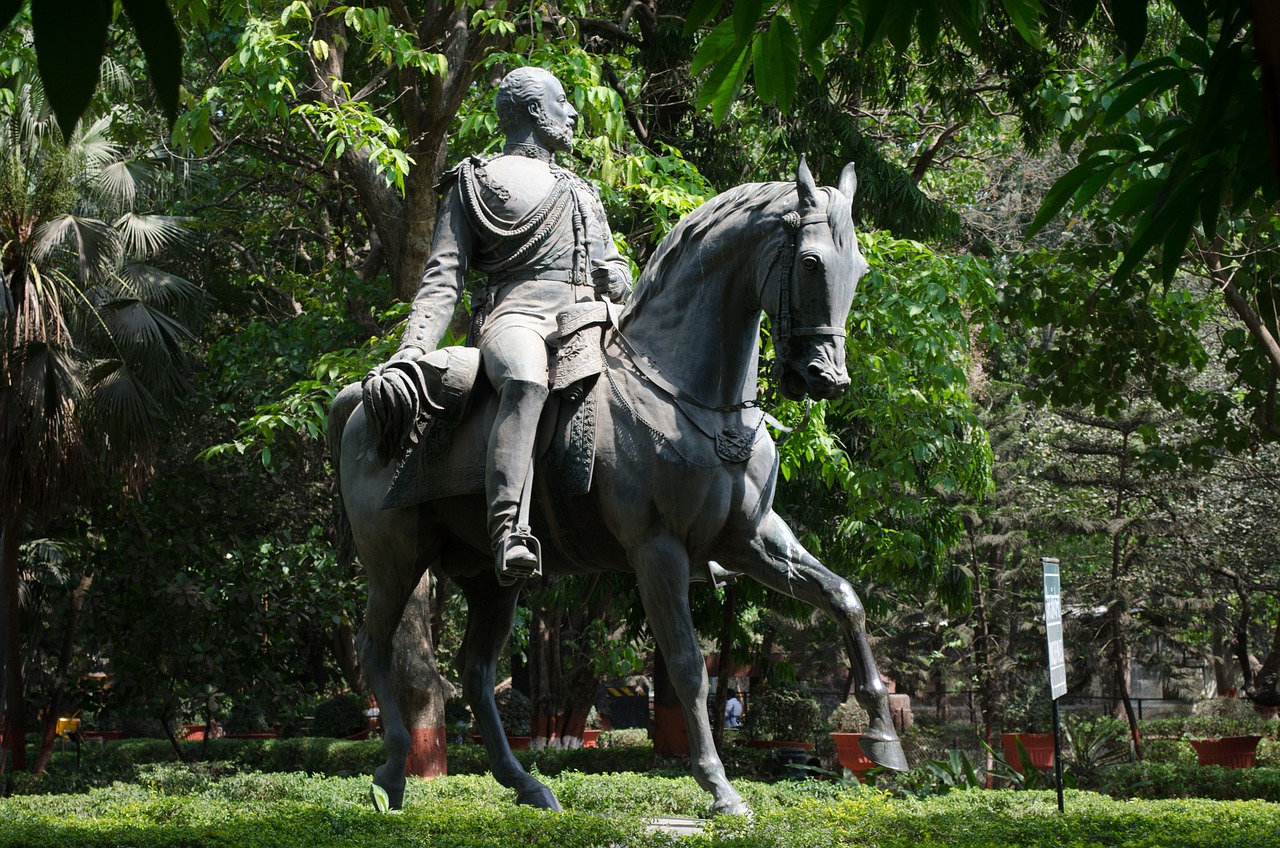The Influence of Political Polarization on Election Outcomes
Political polarization in society can be attributed to a myriad of factors. One significant aspect is the influence of media outlets that cater to specific ideological leanings, leading individuals to consume information that aligns with their beliefs. This creates echo chambers where individuals are surrounded by like-minded individuals, reinforcing their existing opinions and contributing to the growing divide between different political factions.
Moreover, the increasing geographic segregation of political beliefs plays a role in fueling polarization. Residential areas that are ideologically homogeneous can intensify the “us versus them” mentality, fostering an environment where individuals are less exposed to diverse perspectives and more likely to hold rigid views. This segregation can further exacerbate the polarization by reducing the opportunities for constructive dialogue and understanding between people with differing viewpoints.
• Media outlets catering to specific ideological leanings
• Echo chambers reinforcing existing opinions
• Geographic segregation of political beliefs intensifying polarization
• Ideologically homogeneous residential areas fostering “us versus them” mentality
• Reduced exposure to diverse perspectives hindering constructive dialogue
The impact of political polarization on voter behavior.
Political polarization has a significant influence on voter behavior in modern society. When individuals align themselves strongly with one end of the political spectrum, they tend to become more resistant to considering alternative viewpoints. This can lead to a divisive mindset where voters are less willing to engage in open discussions and compromise with those who hold differing political beliefs.
Moreover, political polarization can also impact voter decision-making processes. Studies have shown that individuals are more likely to be swayed by emotionally charged rhetoric and sensationalized news stories when they are deeply entrenched in polarized beliefs. This can result in voters making decisions based on their emotional response rather than objective analysis of policy proposals and candidates’ qualifications.
The role of social media in exacerbating political polarization.
Social media plays a significant role in exacerbating political polarization in society. The algorithms of many social media platforms are designed to show users content that aligns with their beliefs and opinions, creating echo chambers where individuals are often only exposed to information that reinforces their existing views. This can lead to a reinforcement of polarized opinions and a lack of exposure to diverse perspectives.
Moreover, social media provides a platform for the rapid spread of misinformation and disinformation, which can further deepen political divides. This misinformation can easily go viral, reaching a wide audience and influencing public opinion. The ease of sharing content on social media also means that false or misleading information can spread quickly, making it challenging to discern fact from fiction and contributing to the fragmentation of society along political lines.
What are some factors contributing to political polarization in society?
Some factors contributing to political polarization in society include partisan media outlets, echo chambers on social media, and the increasing extremism within political parties.
How does political polarization impact voter behavior?
Political polarization can impact voter behavior by increasing the likelihood of voters only supporting candidates from their own party, leading to a decrease in compromise and cooperation between political parties.
What role does social media play in exacerbating political polarization?
Social media exacerbates political polarization by creating echo chambers where individuals are only exposed to like-minded opinions, increasing the spread of misinformation, and promoting divisive language and behavior.







